Preparing for a long-term lockdown requires careful planning and smart stockpiling. Here are 24 essential items that will help you stay safe, comfortable, and self-sufficient no matter what happens.
1. Non-Perishable Food
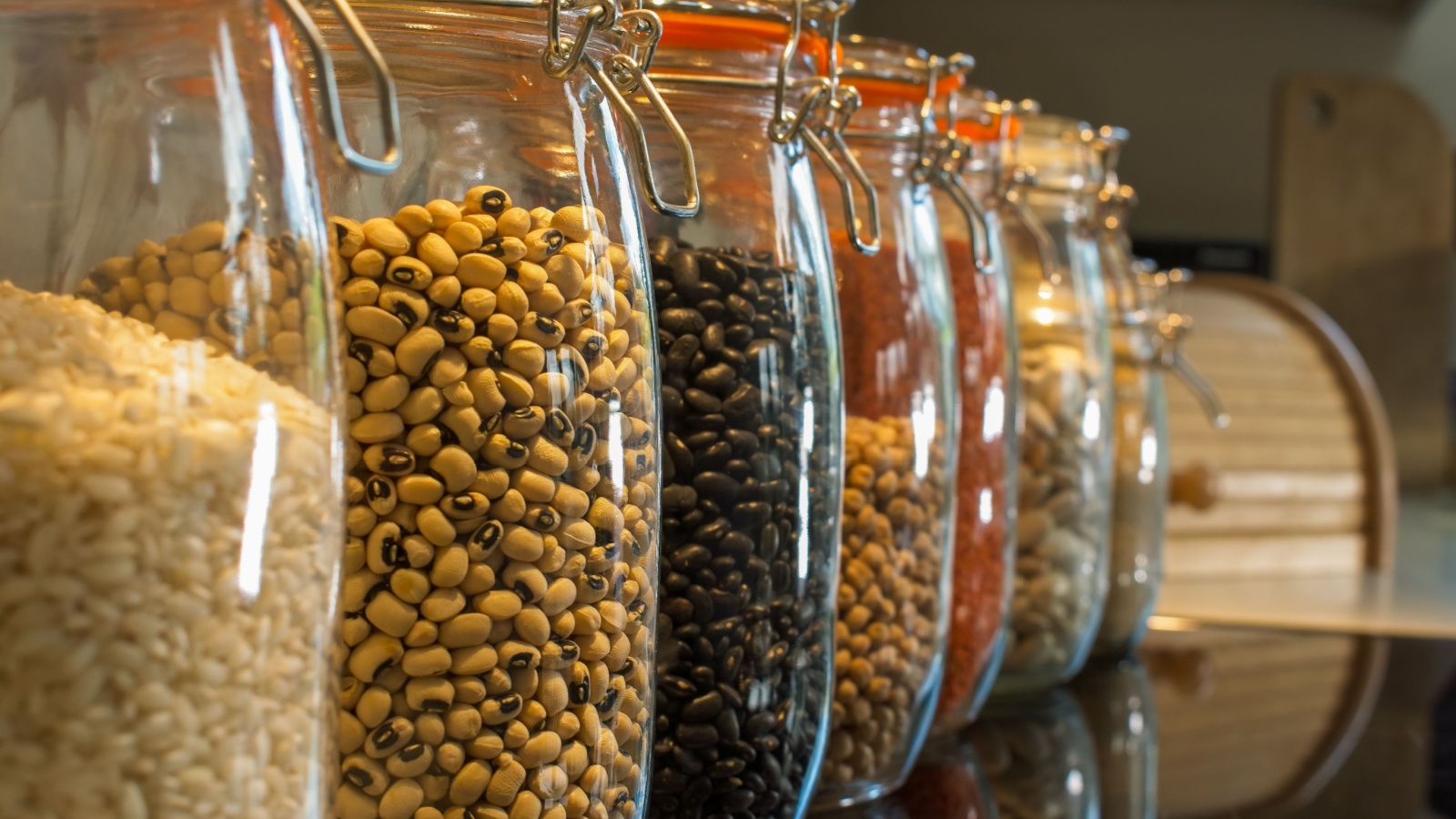
Stock up on canned goods, dried beans, rice, pasta, and other non-perishable foods. These items last a long time and provide essential nutrients. Make sure to include a variety of options to keep your diet balanced and interesting.
2. Water
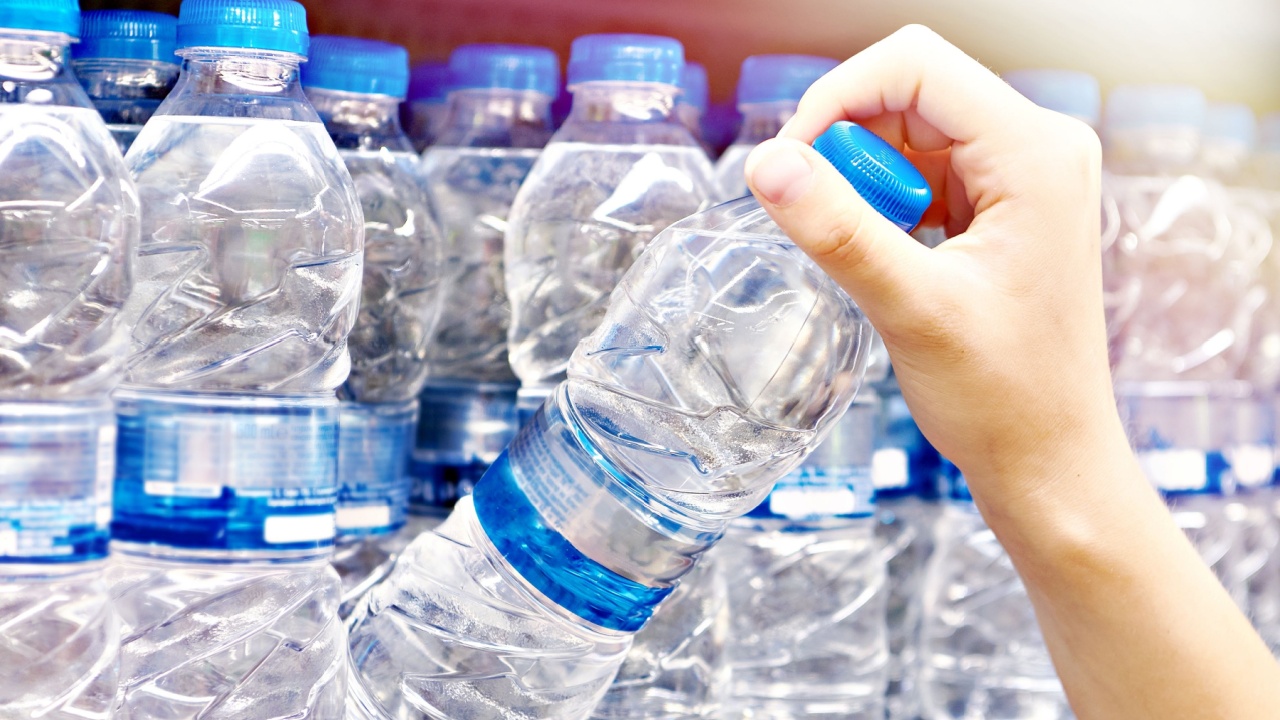
You’ll need at least one gallon of water per person per day. Consider storing bottled water or investing in a high-quality water filtration system. Clean water is crucial for drinking, cooking, and hygiene.
3. First Aid Supplies
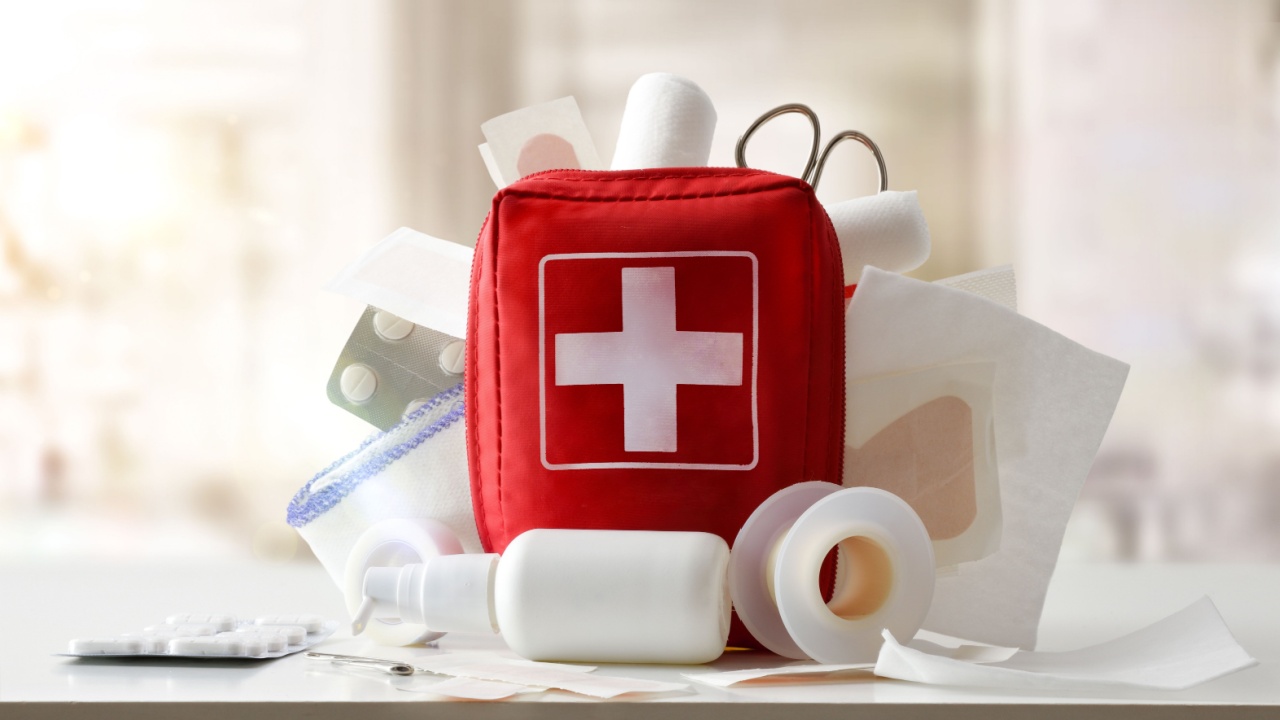
A well-stocked first aid kit can be a lifesaver. Include bandages, antiseptics, pain relievers, and any prescription medications. Don’t forget supplies for treating minor injuries and illnesses.
4. Cleaning Supplies
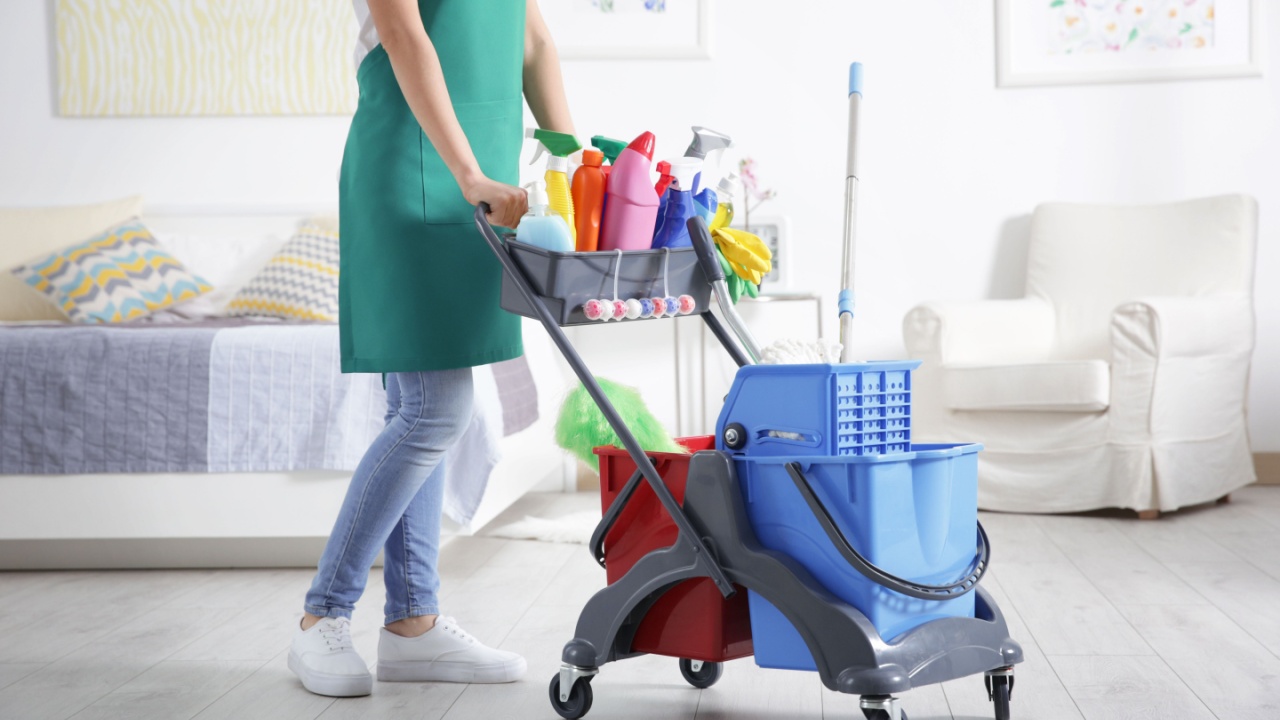
Keep a good stock of cleaning products like soap, disinfectants, and bleach. Maintaining a clean environment is vital for preventing the spread of germs and staying healthy.
5. Hygiene Products

Toilet paper, toothpaste, feminine hygiene products, and other personal care items are essential. Make sure you have enough to last several months.
6. Prescription Medications

Ensure you have an ample supply of any prescription medications you or your family members need. Check expiration dates and talk to your doctor about getting extra refills.
7. Over-the-Counter Medications

Stock up on common over-the-counter medications like pain relievers, cold medicine, and allergy pills. These can help you manage minor health issues without needing to visit a doctor.
8. Vitamins and Supplements

Vitamins and supplements can help fill any nutritional gaps in your diet. Consider multivitamins, vitamin C, and other essential nutrients to keep your immune system strong.
9. Personal Protective Equipment (PPE)

Masks, gloves, and hand sanitizer are crucial for protecting yourself from viruses and bacteria. Ensure you have a good supply of PPE for everyone in your household.
10. Flashlights and Batteries

Power outages can happen during a lockdown. Keep flashlights and extra batteries on hand so you’re never left in the dark.
11. Alternative Cooking Sources

A portable stove or grill with fuel can be very useful if the power goes out. Make sure you have a safe and reliable way to cook food.
12. Emergency Radio
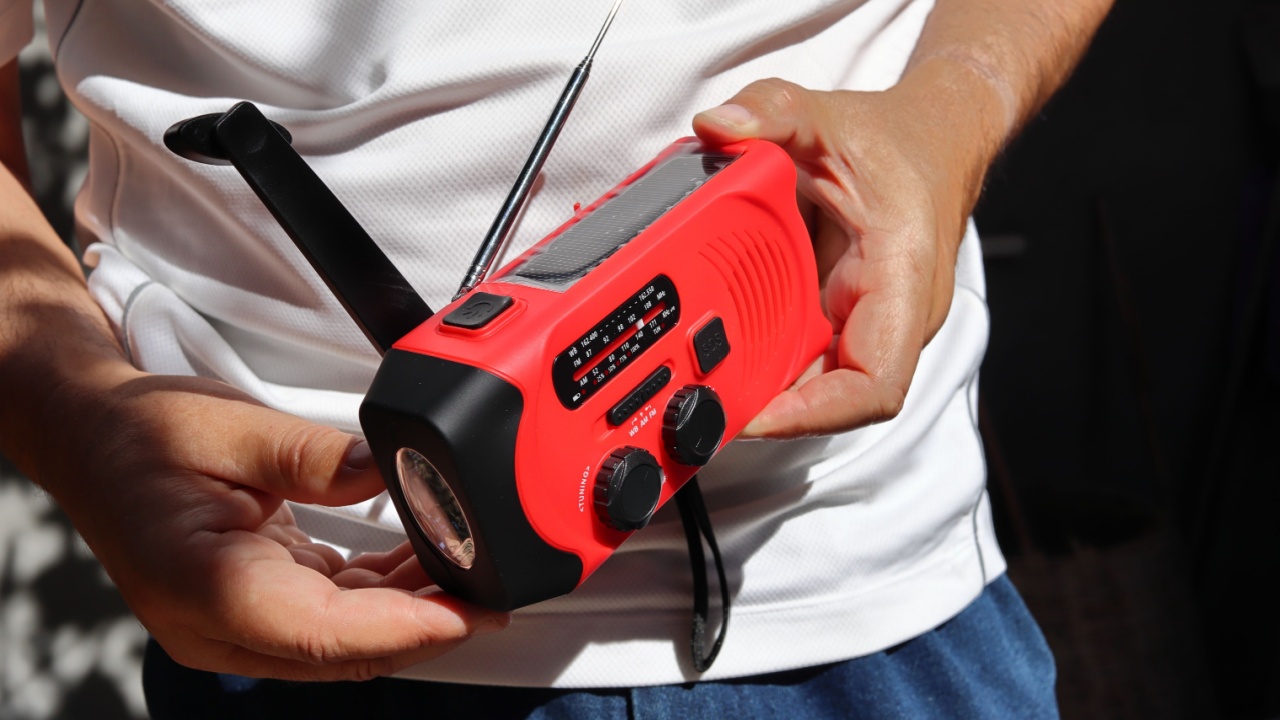
An emergency radio can keep you informed about important news and weather updates. Choose a model with multiple power options, like hand-crank or solar.
13. Firewood and Heating Supplies
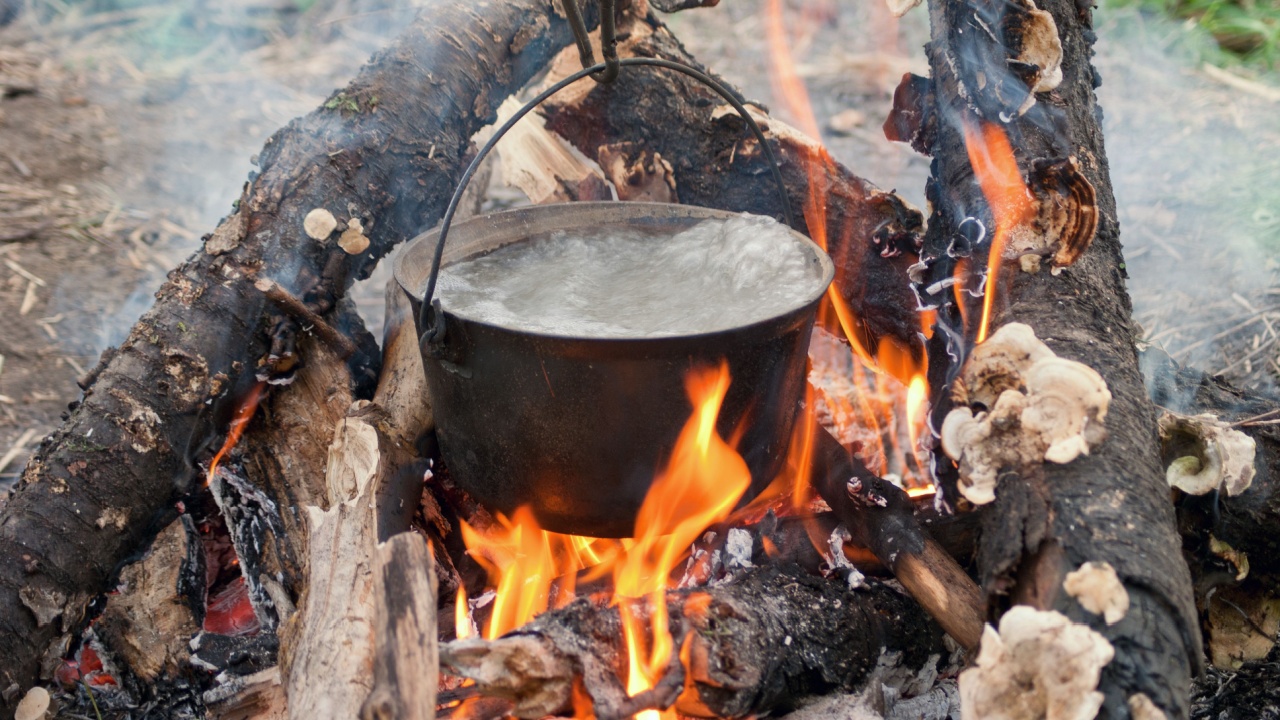
If you have a fireplace or wood stove, stockpile enough firewood to last the winter. Also, consider other heating supplies like blankets and space heaters.
14. Gardening Supplies
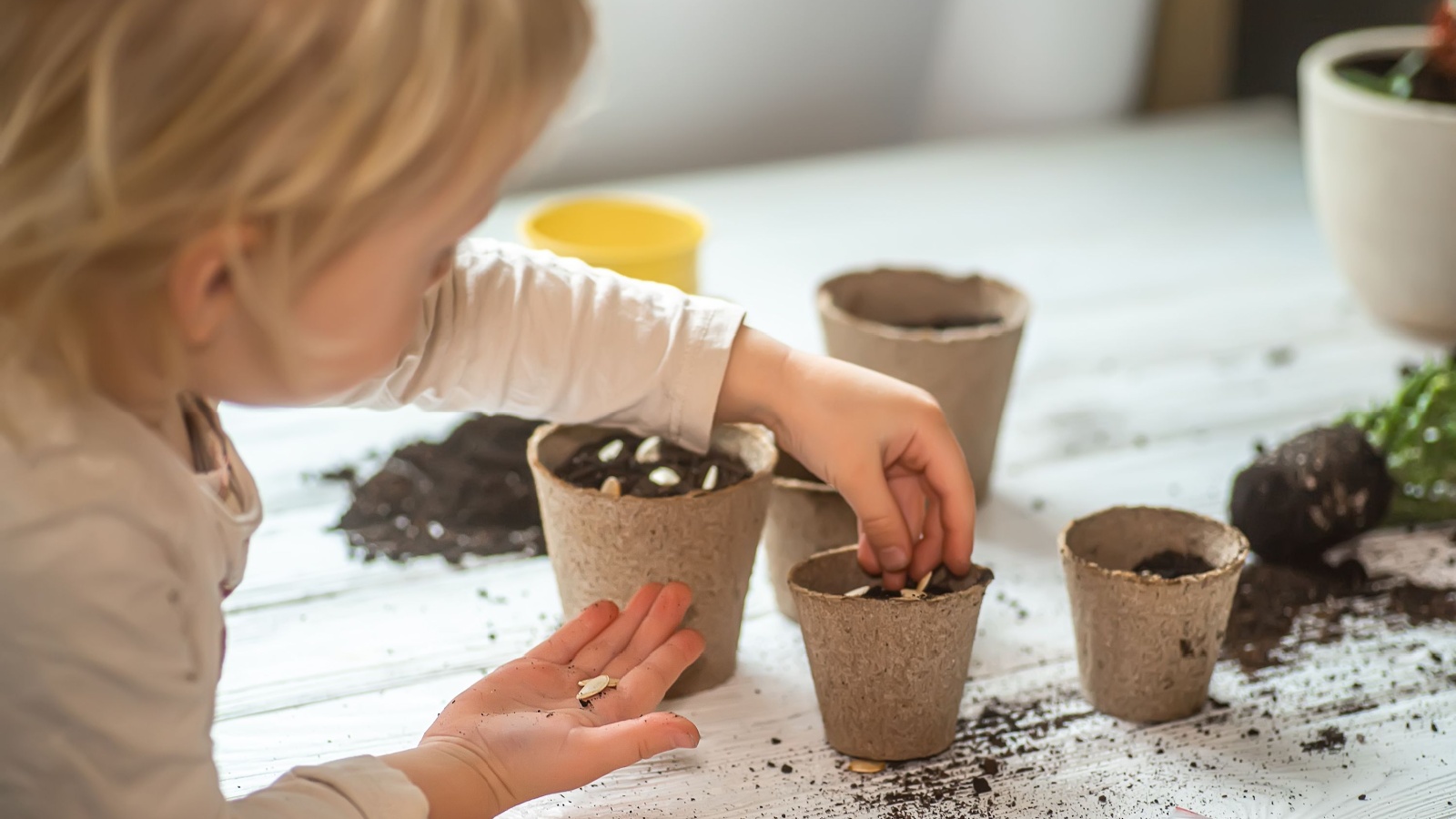
Growing your own food can be a great way to stay self-sufficient. Stock up on seeds, soil, and gardening tools to start a home garden.
15. Household Tools

Basic tools like hammers, screwdrivers, and wrenches are essential for home maintenance. Make sure you have a well-stocked toolbox.
16. Sewing Supplies
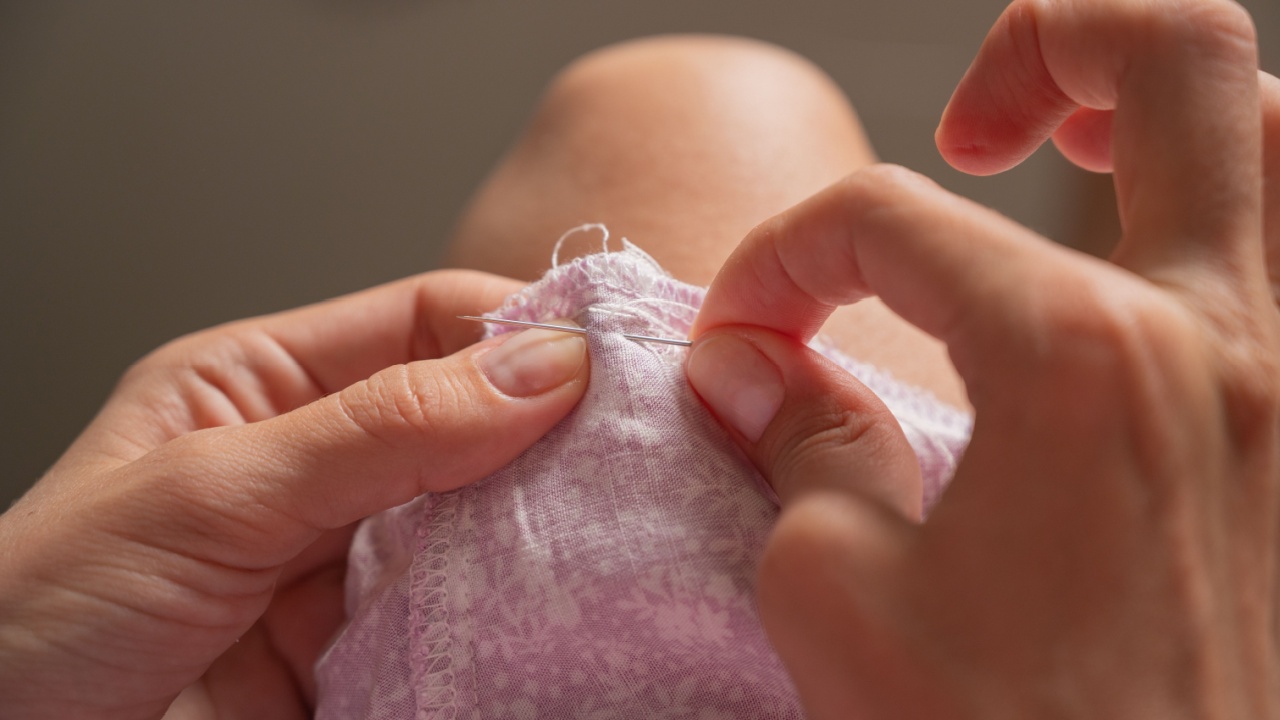
Sewing supplies can help you repair clothes and other fabric items. Keep needles, thread, and patches handy for quick fixes.
17. Entertainment Items

Books, games, and puzzles can help pass the time during a lockdown. Choose a variety of activities to keep everyone entertained.
18. Baby Supplies

If you have a baby, make sure to stock up on diapers, formula, and baby food. Having extra supplies on hand will help you avoid emergency trips to the store.
19. Pet Supplies

Don’t forget about your pets! Stock up on pet food, litter, and any medications your furry friends might need.
20. Cash
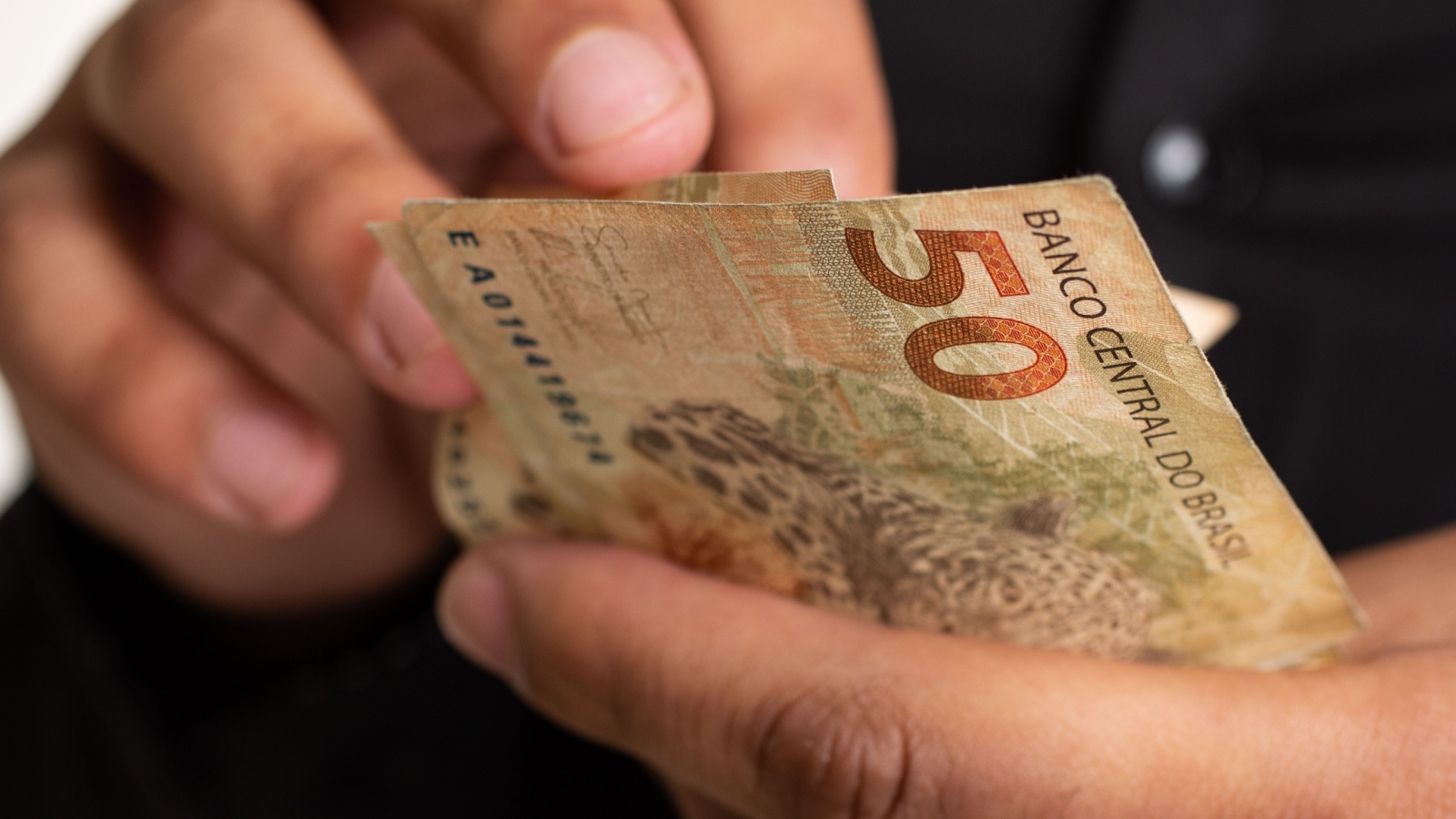
In case of a banking system outage, having some cash on hand can be very helpful. Keep small bills and change for easy transactions.
21. Important Documents
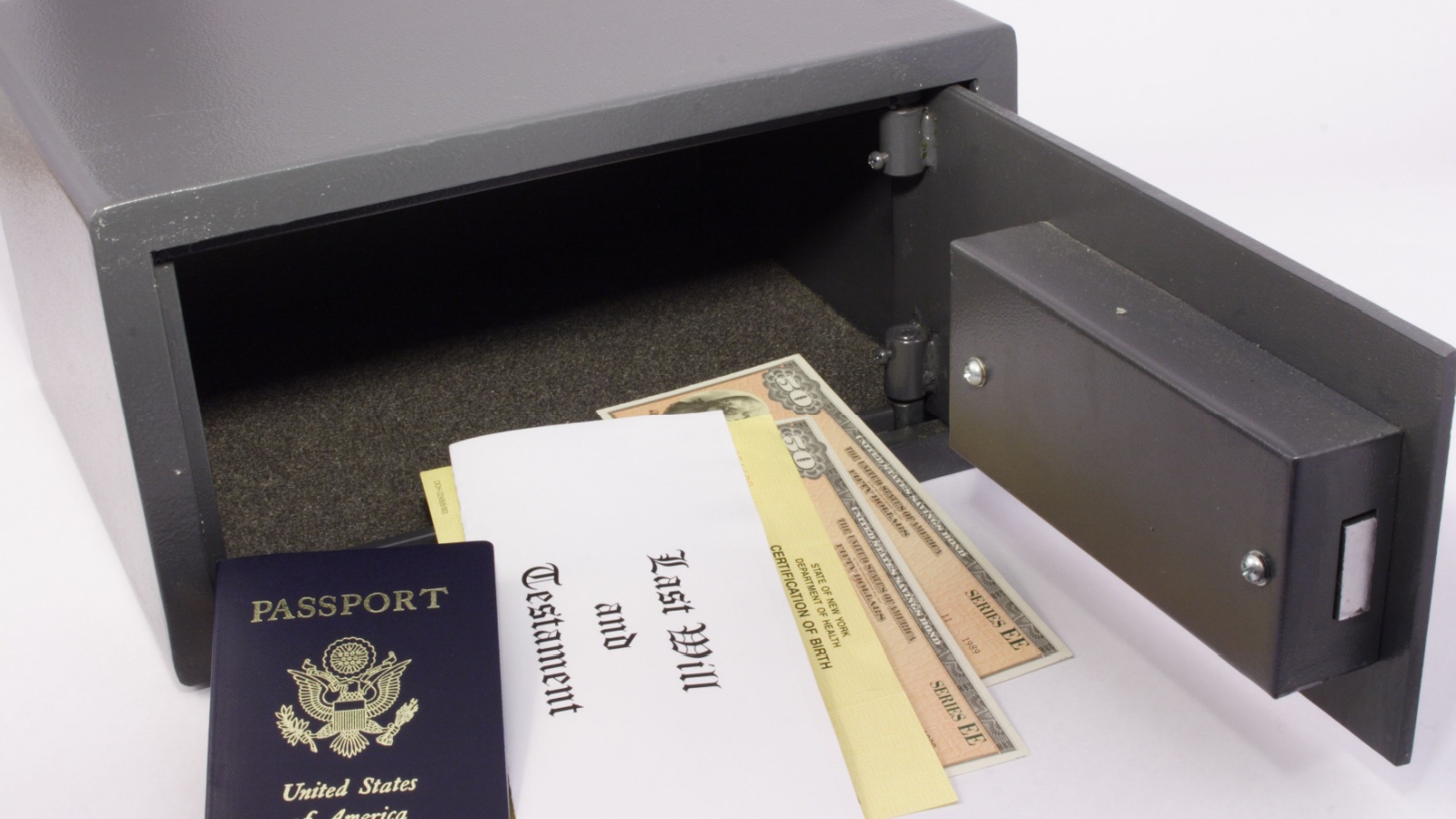
Make copies of important documents like passports, birth certificates, and insurance policies. Store them in a safe, waterproof container.
22. Fuel
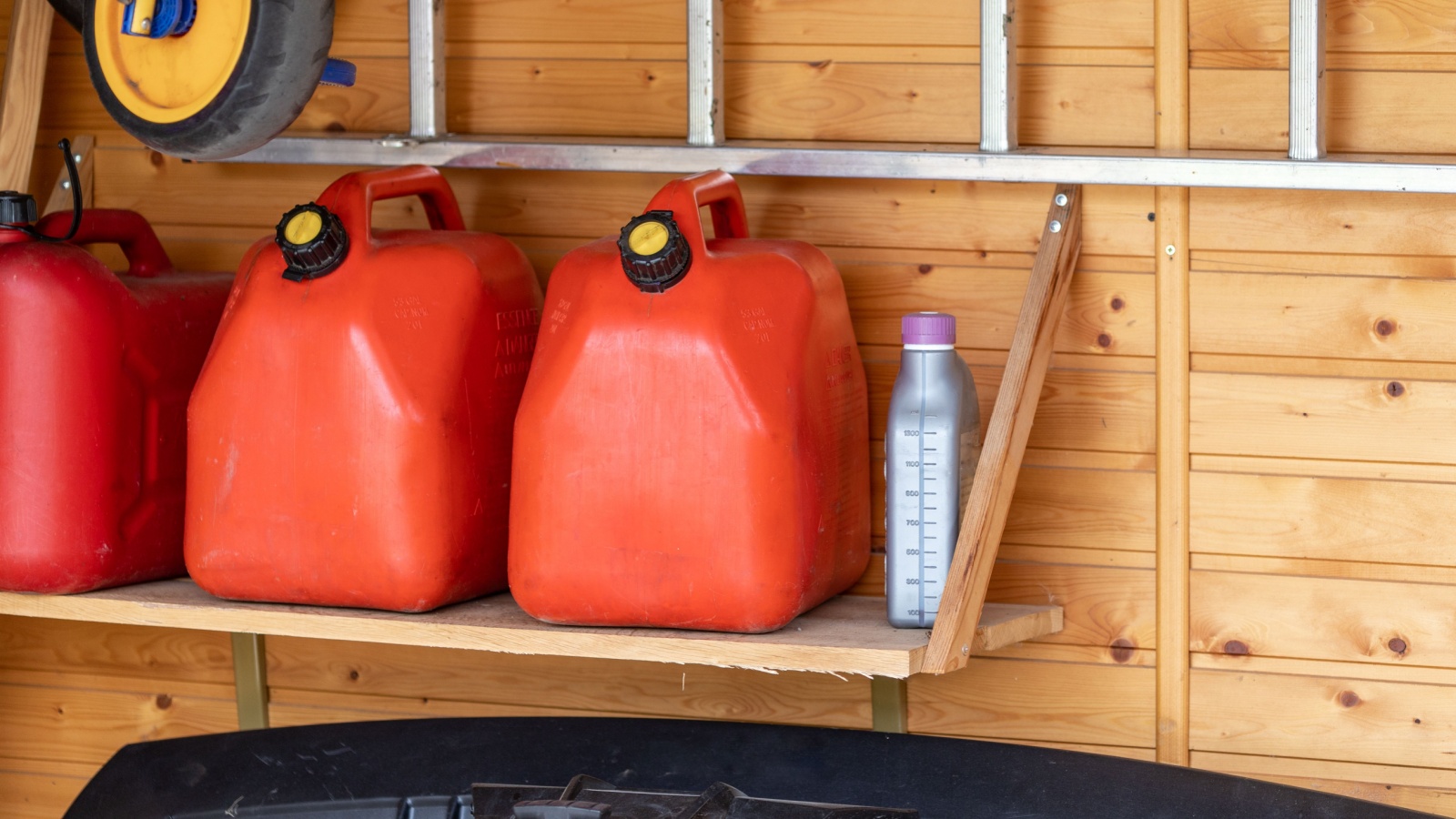
Keep extra fuel for your car, generator, and other equipment. Store it safely and rotate your stock to keep it fresh.
23. Communication Devices
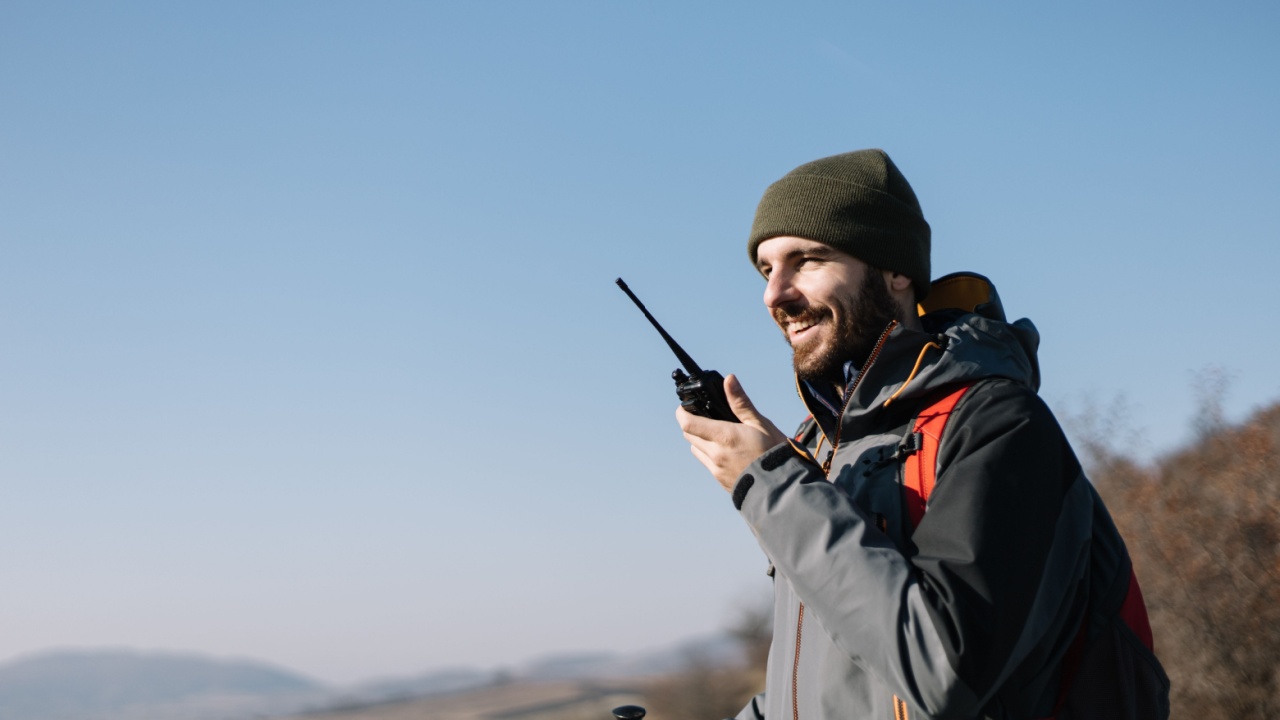
Two-way radios or walkie-talkies can be useful for staying in touch with family and neighbors. Make sure you have fully charged batteries or a power source.
24. Survival Manuals

Books or manuals on survival skills can be very helpful. Look for guides on first aid, gardening, and home repairs to boost your self-sufficiency.
20 Crucial Supplies for Surviving a Societal Collapse

In the face of uncertainty, being well-prepared gives you at least some degree of control and security. The thought of a societal collapse, while extreme, prompts us to consider how we might endure without the conveniences of our current lifestyle. Here’s a list of 20 essential items that could prove indispensable in such a scenario. This guide isn’t about succumbing to fear but embracing preparedness and resilience.
14 Essential Canned Goods for Your Emergency Pantry
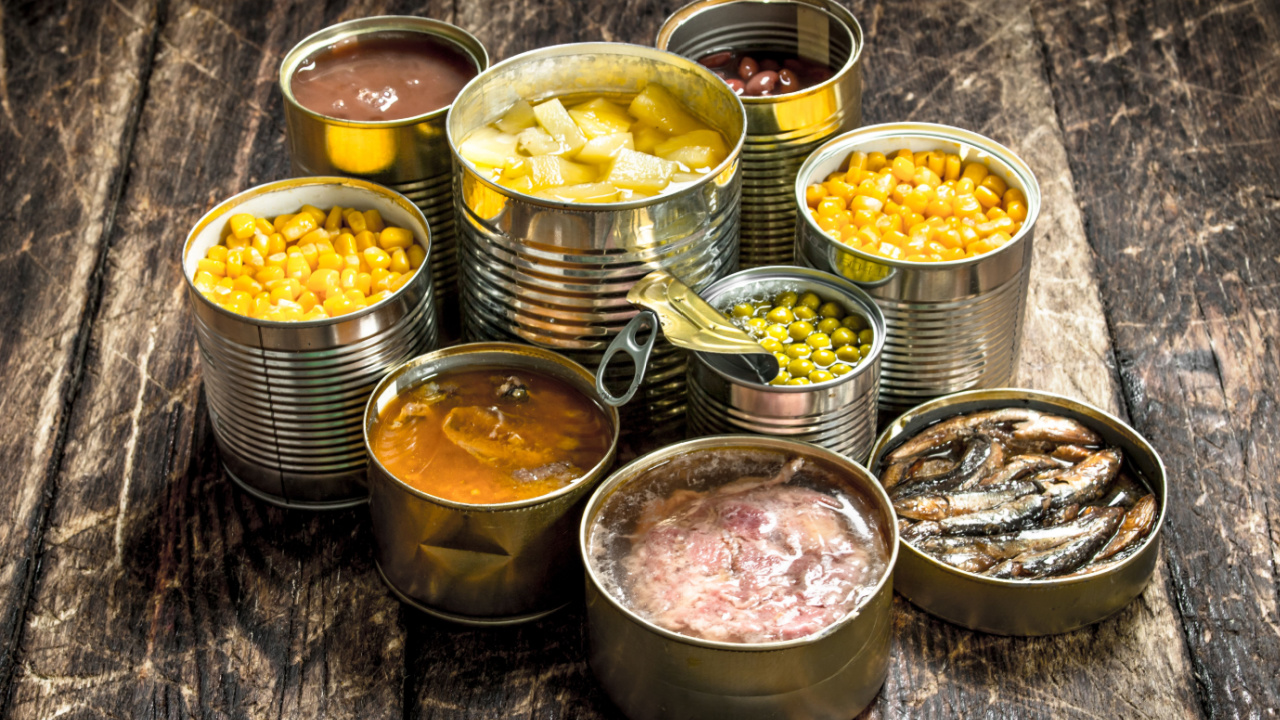
I firmly believe in keeping a well-stocked emergency pantry. While fresh food is ideal, in a survival situation, we may not be that lucky. So, for my family, even though we grow a lot of our own food, canned goods play a crucial role in emergency preparedness. They offer a reliable source of nutrition when access to fresh produce may be limited. The goods you stockpile should be affordable, easy to store, and full of nutrition.
Best Regions in the U.S. to Escape to When Society Collapses
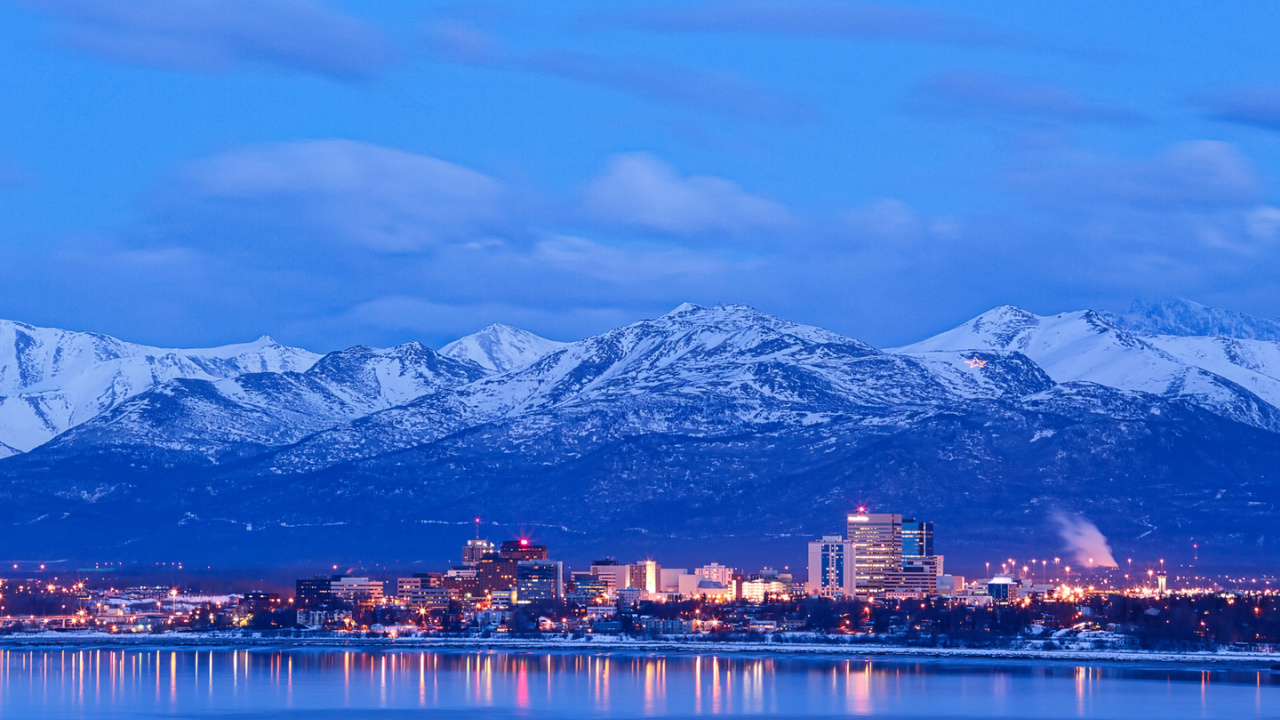
Choosing a refuge in the event of societal collapse involves weighing the pros and cons of each location against your personal preparedness goals and abilities. Whether you’re drawn to the solitude of the desert or the protective heights of the mountains, the key is finding a place that offers safety and the opportunity for growth and renewal.

